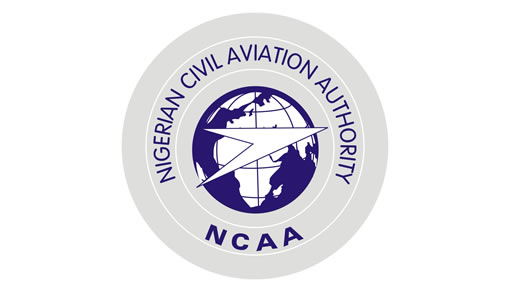Aircraft in the country might have been flying on Household kerosene, as it has been alleged that it is being sold to airlines as a substitute for Jet A1 fuel, also called aviation turbine kerosene (ATK).
According to oil magnate Femi Otedola, the substitution of HHK for ATK is a rising trend that needs to be arrested.
“This illicit act has been identified as a major factor contributing to the rising cost of kerosene in the country and may also be the cause of some of the air mishaps we have encountered in the country in recent times.
“It is pertinent to state that HHK is sold by the Pipelines and Products Marketing Company (PPMC), an arm of the Nigerian National Petroleum Corporation (NNPC) at the ex-depot and regulated price of N40.90k with the objective of selling to the average Nigerian at the pump price of N50.00k per litres.
“However, HHK shares some physical and chemical properties with Jet A1 fuel (except for the storage and handling procedures to eliminate contamination in Jet A1 fuel) is being sold by some petroleum marketers to both local and international airlines at the international market price, which may be as high as N140/litre. This huge arbitrage has led to evolution of some mushroom aviation fuel marketers who see this as an opportunity to make big profit,” Otedola said.
The Nigerian Civil Aviation Authority (NCAA) also released a statement in a related move, referring to an alert letter from the European Aviation Safety Agency about the discovery of a contaminant in the fuel metering unit of an aircraft engine.
The NCAA says, is “based on the information provided by the engine manufacturer Rolls Royce to the EASA the contaminant known as Super Absorbent Polymer (SAP) may have been introduced during fueling uploads in Lagos Nigeria.
NCAA warns that fuel containing SAP is not considered suitable for aircraft engine operations and likely to damage the engine, with deadly consequences.
The aviation regulator says it is investigating the matter, and has therefore advised airline operators that have experienced service difficulty to submit among other things, trouble shooting report and the aviation fuel supplier.
They are also to submit to NCAA their last audit report on the aviation fuel supplier.



